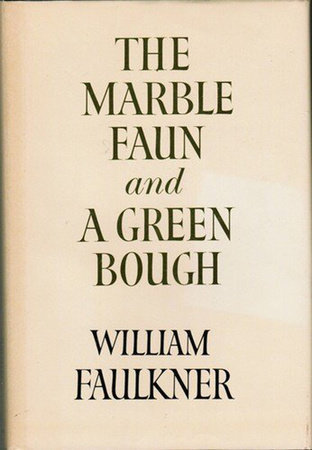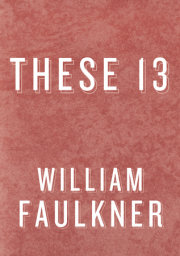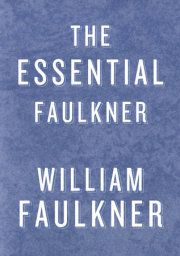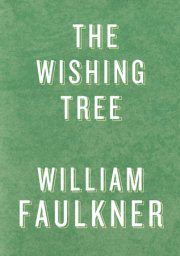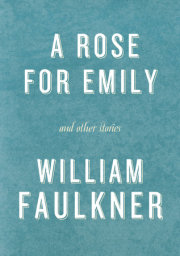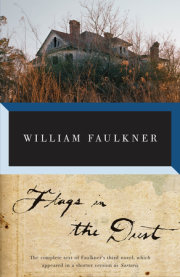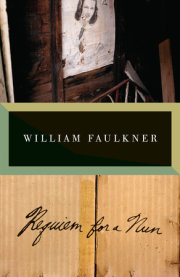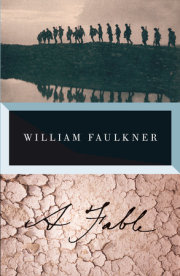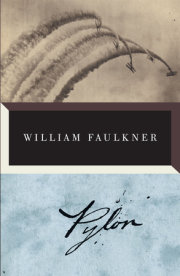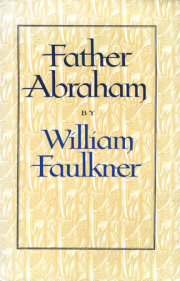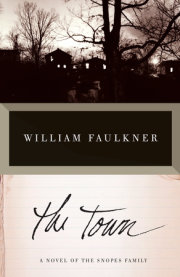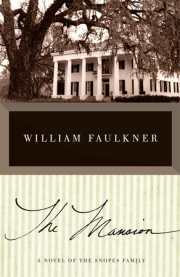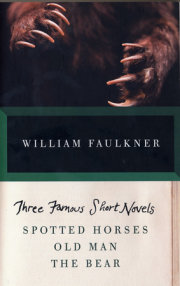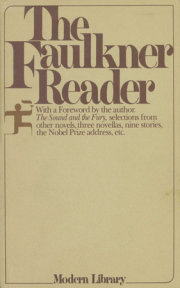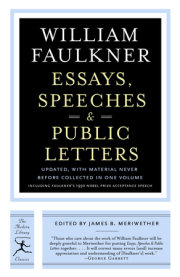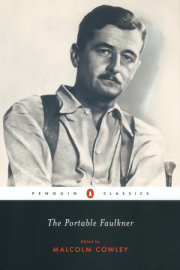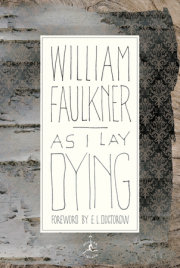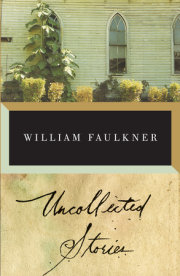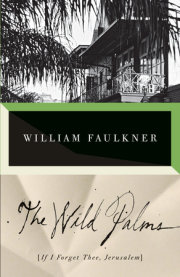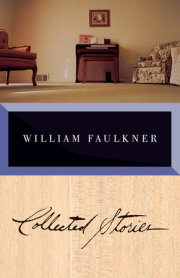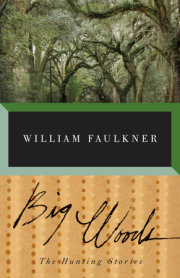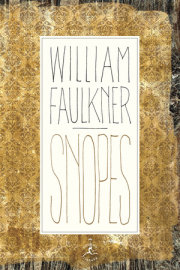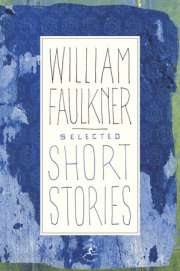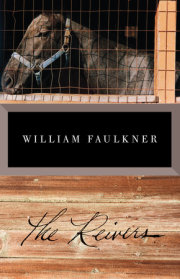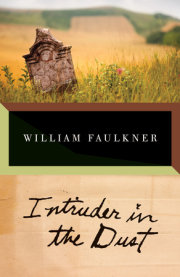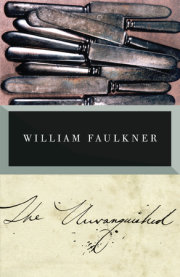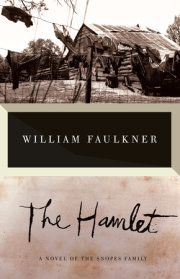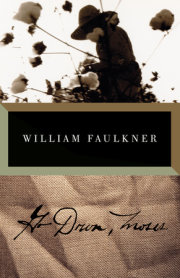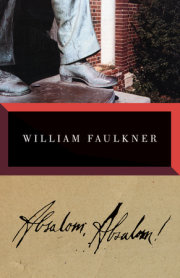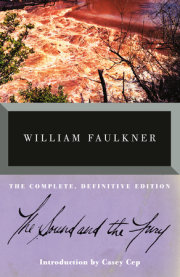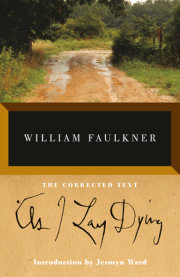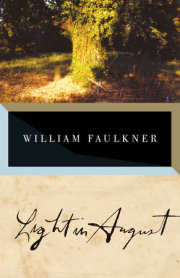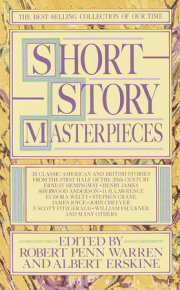PROLOGUE
The poplar trees sway to and fro
That through this gray old garden go
Like slender girls with nodding heads,
Whispering above the beds
Of tall tufted hollyhocks,
Of purple asters and of phlox;
Caught in the daisies’ dreaming gold
Recklessly scattered wealth untold
About their slender graceful feet
Like poised dancers, lithe and fleet.
The candled flames of roses here
Gutter gold in this still air,
And clouds glide down the western sky
To watch this sun-drenched revery,
While the poplars’ shining crests
Lightly brush their silvered breasts,
Dreaming not of winter snows
That soon will shake their maiden rows.
The days dream by, golden-white,
About the fountain’s silver light
That lifts and shivers in the breeze
Gracefully slim as are the trees;
Then shakes down its glistered hair
Upon the still pool’s mirrored, fair
Flecked face.
Why am I sad? I?
Why am I not content? The sky
Warms me and yet I cannot break
My marble bonds. That quick keen snake
Is free to come and go, while I
Am prisoner to dream and sigh
For things I know, yet cannot know,
’Twixt sky above and earth below.
The spreading earth calls to my feet
Of orchards bright with fruits to eat,
Of hills and streams on either hand;
Of sleep at night on moon-blanched sand:
The whole world breathes and calls to me
Who marble-bound must ever be.
IF I were free, then I would go
Where the first chill spring winds blow,
Wrapping a light shocked mountain’s brow
With shrilling tongues, and swirling now,
And fiery upward flaming, leap
From craggy teeth above each deep
Cold and wet with silence. Here
I fly before the streaming year
Along the fierce cold mountain tops
To which the sky runs down and stops;
And with the old moon watching me
Leaping and shouting joyously
Along each crouching dark abyss
Through which waters rush and hiss,
I whirl the echoes west and east
To hover each copse where lurks the beast,
Silence, till they shatter back
Across the ravine’s smoky crack.
Here Pan’s sharp hoofed feet have pressed
His message on the chilly crest,
Saying—Follow where I lead,
For all the world springs to my reed
Woven up and woven down,
Thrilling all the sky and ground
With shivering heat and quivering cold;
To pierce and burst the swollen mold;
Shrilling in each waiting brake:
Come, ye living, stir and wake!
As the tumbling sunlight falls
Spouting down the craggy walls
To hiss upon the frozen rocks
That dot the hills in crouching flocks,
So I plunge in some deep vale
Where first violets, shy and pale,
Appear, and spring with tear-stained cheeks
Peeps at me from the neighboring brakes,
Gathering her torn draperies up
For flight if I cast my eyes up.
Swallows dart and skimming fly
Like arrows painted on the sky,
And the twanging of the string
Is the faint high quick crying
That they, downward shooting, spin
Through the soundless swelling din.
Dogwood shines through thin trees there
Like jewels in a woman’s hair;
A sudden brook hurries along
Singing its reverted song,
Flashing in white frothèd shocks
About upstanding polished rocks;
Slender shoots draw sharp and clear
And white withes shake as though in fear
Upon the quick stream’s melted snow
That seems to dance rather than flow.
Then on every hand awakes
From the dim and silent brakes
The breathing of the growing things,
The living silence of all springs
To come and that have gone before;
And upon a woodland floor
I watch the sylvans dance till dawn
While the brooding spring looks on.
The spring is quick with child, and sad;
And in her dampened hair sits clad
Watching the immortal dance
To the world’s throbbing dissonance
That Pan’s watchful shrill pipes blow
Of the fiery days that go
Like wine across the world; then high:
His pipes weave magic on the sky
Shrill with joy and pain of birth
Of another spring on earth.
HARK! a sound comes from the brake
And I glide nearer like a snake
To peer into its leafy deeps
Where like a child the spring still sleeps.
Upon a chill rock gray and old
Where the willows’ simple fold
Falls, an unstirred curtain, Pan—
As he sat since the world began—
Stays and broods upon the scene
Beside a hushèd pool where lean
His own face and the bending sky
In shivering soundless amity.
Copyright © 2011 by William Faulkner. All rights reserved. No part of this excerpt may be reproduced or reprinted without permission in writing from the publisher.

